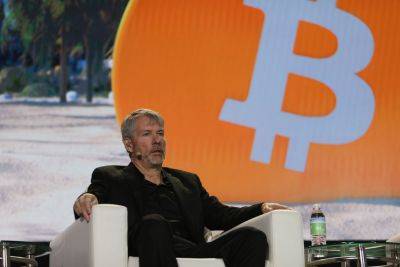Climate action must rise above politics before time runs out
Subscribe to enjoy similar stories. This year’s United Nations Climate Change Conference (CoP-29) in Baku is taking place against a tumultuous geopolitical backdrop. In addition to shifting strategic alliances, trade tensions and violent conflict, the ‘year of elections’ has ushered in a period of heated political rhetoric and led to changes of government.
This must not distract us from the current state of the planet and the real economy. The effects and costs of climate change are increasing. Extreme weather events, from hurricanes in the Caribbean to catastrophic floods in Europe and droughts in the Amazon, are growing more frequent and intense, enhancing the risk of financial instability, especially in the world’s most vulnerable and highly indebted countries.
At the same time, an energy revolution is already in full swing: deployment of renewables is growing exponentially and annual investment in clean power sources now far exceeds that in fossil fuels. Citizens and companies are also increasingly aware of the need to invest in climate-change adaptation. The European Investment Bank Group’s (EIB Group’s) most recent climate survey shows that 94% of Europeans and 88% of Americans support adaptation measures, while around half of respondents say that such measures should be a national priority.
Economic growth is decoupling from carbon emissions, owing to breakthroughs and innovation in clean-energy generation and efficiency technologies that help combat climate change and boost competition. The EU has been a pioneer in this area, cutting greenhouse-gas (GHG) emissions by more than one-third since 1990, over which time its economy grew by 68%. The International Energy Agency forecasts that renewables will meet nearly
. Read more on livemint.com





















